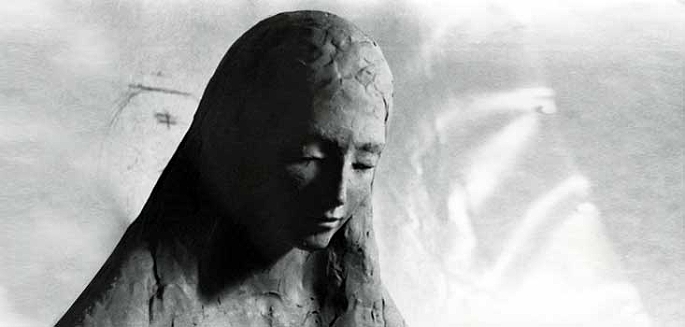
Ave Cerquetti, ‘Bella Accoglienza’ – Rome, 1961

Ave Cerquetti, ‘Bella Accoglienza’ – Rome, 1961
Don’t be indifferent to poverty
Meeting again purely by chance after many years and putting oneself at the service of a brother. Roberto told us this story. Along with many others, he realized what it means to build a network of closeness and care.
Silence, prayer, reflection: today, the 2nd of March, the 3-day spiritual retreat of the General Assembly of the Focolare Movement began.
“I hereby officially declare open the Ordinary General Assembly of the Work of Mary, convened in accordance with the methods established by the General Statutes.” These were the words with which Margaret Karram, President of the Focolare Movement, opened the proceedings today, 1 March 2026.
0 Comments